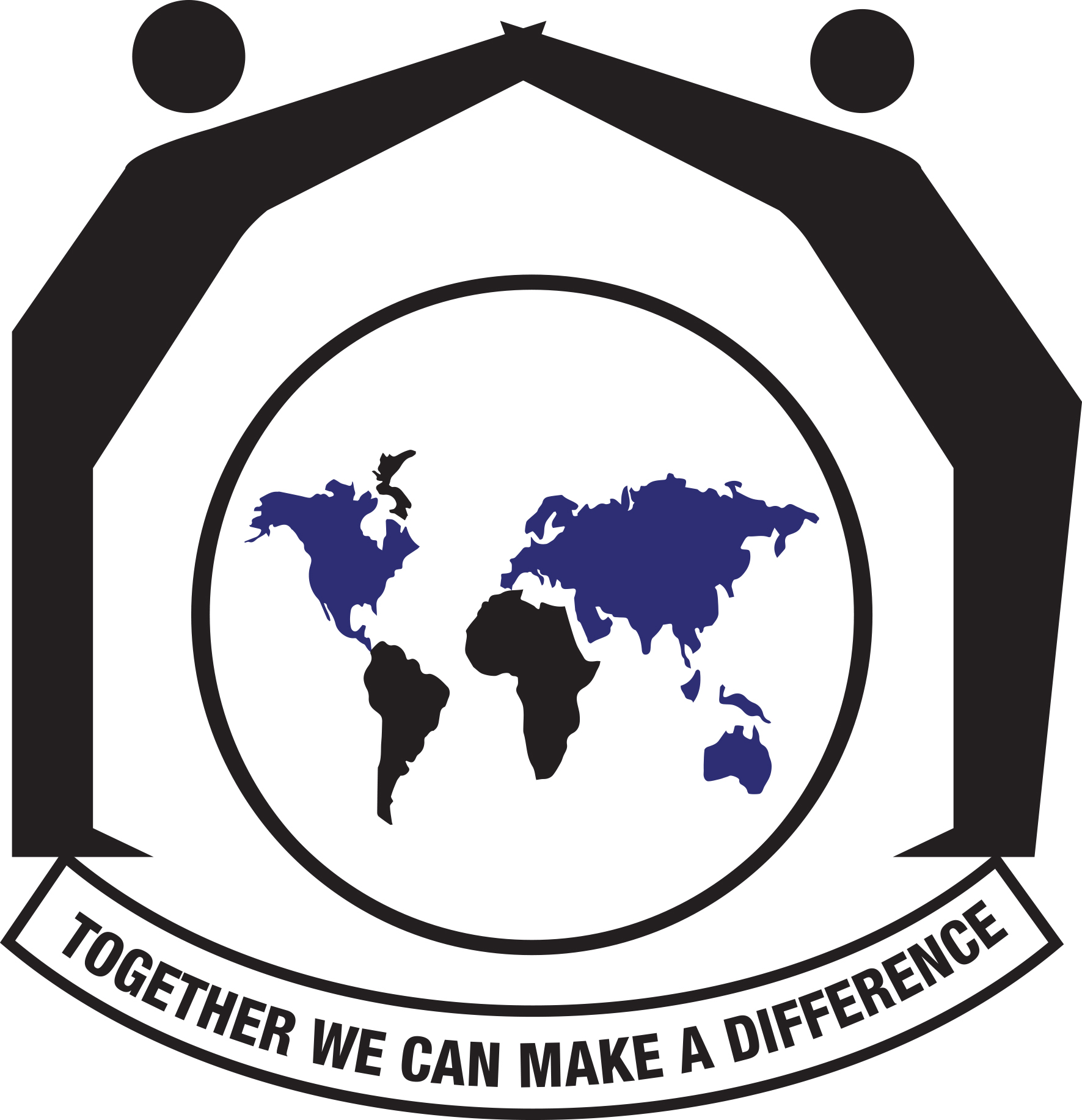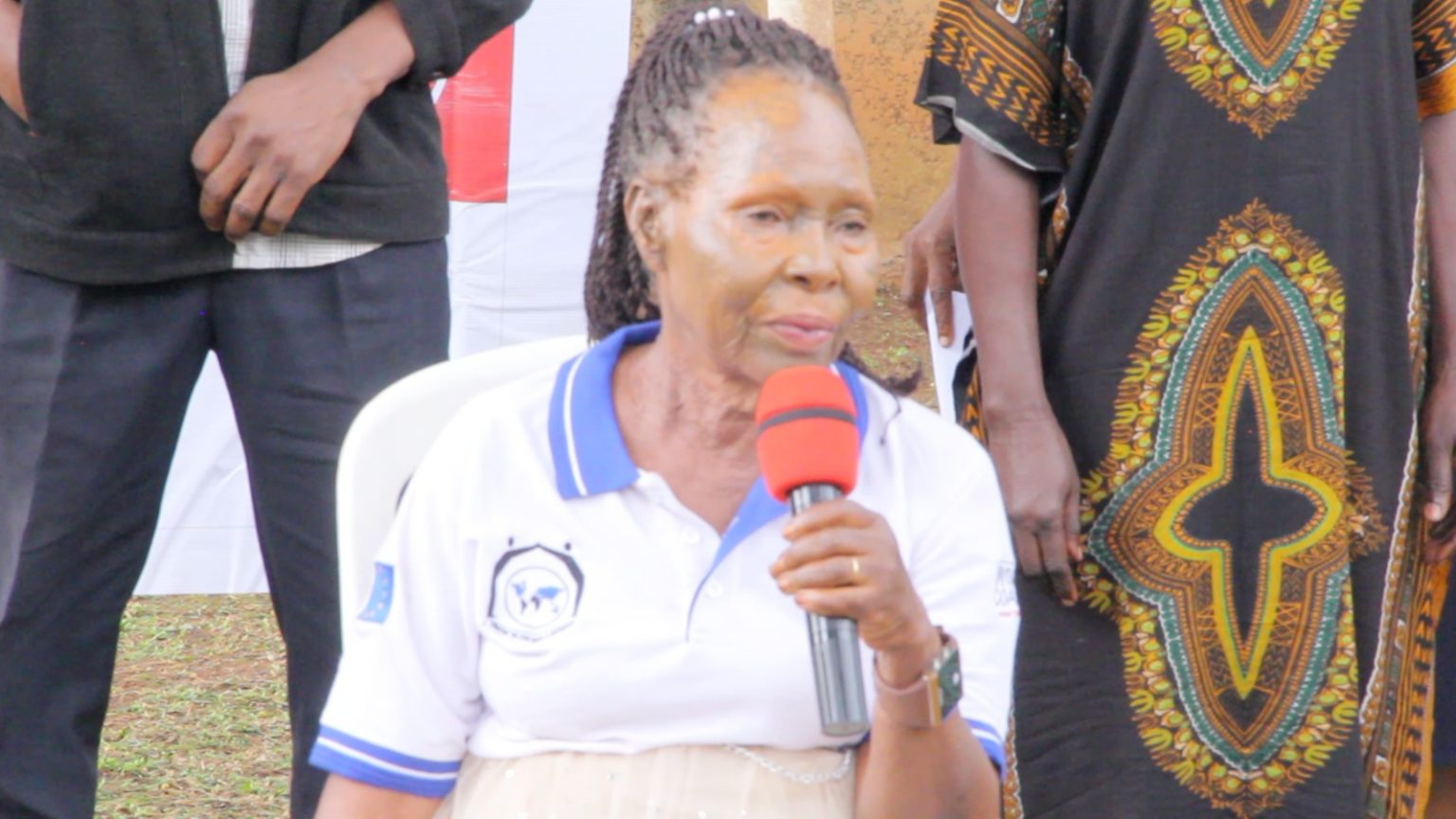Published on: October 16, 2024
By Teddy Namayanja
As we go about our daily lives, it’s easy to overlook the silent suffering of women behind bars, awaiting a fate that’s both cruel and irreversible. Today, we shine a light on Justine Nankya, a mother who endured the unimaginable – a wrongful death sentence.
A Life Shattered.
Justine’s world crumbled in 1995 when she was convicted and sentenced to death for a crime she didn’t commit. The thought of leaving her young children behind, unaware of their future, was devastating. Her eyes welled up with tears as she recounted the unbearable pain of being sentenced to death row. Her voice cracked, “I worried to death for my children. They were so young, and I couldn’t bear the thought of not seeing them grow up.” The trauma of that experience still lingers, even after her release.
Imagine being wrongly convicted and sentenced to death for a crime you didn’t commit. The emotional toll on Justine and her family was immense. With her voice trembling, Harriet Najjuuka, Justine’s daughter, recalls the devastating impact of her mother’s imprisonment.
Imagine growing up without the guidance and love of your mother, forced to rely on the charity of strangers. Harriet’s story is a heart-wrenching testament to the forgotten victims of incarceration – the children.
Lost Childhood
“We never got the chance to go to school because our mum, who had to take care of us, was in prison.” Harriet’s words echo the harsh reality faced by countless children. Education, a fundamental right, slips away, replaced by struggles to survive.
A Life of Hardship
Justine Nantume’s wrongful conviction and subsequent imprisonment sentenced her children to a life of hardship. Harriet recalls:
“Life became so hard… we never had beddings, no clothes, no salt… we would sleep from one place to the next, waking up not knowing where the next meal would come from.”
The Unrelenting Struggle
Imagine living in constant uncertainty, where:
- Hunger pierces through your empty stomach.
- Sleep is a fleeting comfort, claimed on borrowed beds.
- Clothing is a luxury, not a basic right.
For Harriet and her siblings, this was reality.
Nightmares That Linger
“Up to now, I have nightmares of those horrible days.” The trauma of Harriet’s past still clings to her, a haunting reminder of the fragility of childhood.
The Invisible Scars
Children of incarcerated parents often carry:
- Emotional scars from abandonment and shame.
- Psychological trauma from uncertainty and fear.
- Social stigma, affecting relationships and self-esteem.
The experience of death row inmates and their families is often marked by feelings of hopelessness and despair. Research has shown that prolonged delays before execution can lead to extended periods of imprisonment on death row, causing prisoners to die a “slow psychic death”. This can result in severe mental health issues, including depression, anxiety, and suicidal thoughts.
Justine’s story is not unique. Many innocent people, particularly women and the poor, are wrongly convicted and sentenced to death. The Executive Director Foundation for Human Rights Initiative ,Dr. Livingstone Ssewanyana, a human rights advocate, notes, “The death penalty disproportionately affects the vulnerable, those who cannot afford legal representation.” This systemic injustice perpetuates a cycle of trauma and suffering for families.
The emotional impact on children of death row inmates cannot be overstated. They often experience feelings of abandonment, shame, and guilt. Harriet’s story is a testament to the resilience of these children, who are forced to grow up too quickly. “My children suffered irreparable harm. They never went to school, and their father passed away. I’m still struggling to rebuild our lives,” Justine lamented.
Justine’s experience on death row was harrowing. “In 1999, they executed 28 inmates, and I was scheduled to be next. The prison guards cried alongside me, knowing I was innocent.”
After 14 years, Justine’s sentence was commuted to life imprisonment, and she was eventually released. However, the trauma lingers.
George Musisi, a renowned human rights lawyer, emphasizes, “Executing someone violates their inherent right to life, protected by our constitution. As human rights advocates, we question the effectiveness of the death penalty. Does it truly punish the individual if they’re no longer alive to understand their punishment? Life imprisonment with the possibility of rehabilitation and redemption seems more effective. Moreover, our flawed systems risk executing innocent people, an irreversible tragedy that doesn’t bring back the lost life.” He stressed.
George believes that it’s about time the debate around abolishing the death penalty takes an important turn, shifting focus to the innocent children who suffer greatly due to crimes committed by their parents. These young minds are severely traumatized by the mere thought of losing a loved one to execution.
“If a child hears that their mother or father is going to be hanged, that’s tragedy, it’s very traumatizing”. George argued.
Dr. Johnson Omuhunde Rwashote Byabashaija, the Commissioner General of Prisons in Uganda since 2005 also emphasizes the importance of protecting children from the consequences of capital punishment, suggesting that executing parents can have a devastating impact on their kids. He also stresses that prisons should focus on rehabilitation rather than termination. This perspective highlights the need for a more nuanced approach to justice, one that considers the long-term effects on families and communities.
Regarding women on death row, Dr. Byabasaija’s statement underscores the unique concerns surrounding their execution. Research has shown that women who receive death sentences often break societal norms, and their cases are frequently marked by trauma and vulnerability.
As Dr. Byabasaija puts it, prisons are meant to be correction centers, not termination centers. This perspective highlights the need for rehabilitation over punishment. Furthermore, executing women, who are naturally life-givers, has a profound impact, essentially terminating multiple lives and potential futures.
Ms.Connie Samantha Numbi, the Project Coordinator of the Death Penalty Campaign at FHRI challenges the notion that everyone convicted of a capital offense deserves death, citing it as a harmful misconception. She emphasizes that:
- Not everyone convicted is guilty; wrongful convictions occur.
- Many convicted individuals are victims of circumstance, in the wrong place at the wrong time.
- Rehabilitation is possible; people can change and become productive members of society.
Connie’s perspective highlights the complexities of justice and encourages a more nuanced approach, recognizing the potential for rehabilitation and redemption.
Robinah Bukirwa, Ex-Death Row Inmate adds onto Connie’s voice with the belief that, “Imprisonment should rehabilitate, not punish. After serving time, individuals should emerge as changed, upright persons who value human life, love their nation, and respect government.” Justine
She adds that “What pains me is that not all on death row are guilty. Even if they committed crimes, execution achieves nothing. It’s pointless taking a life without giving the person a chance to reform.”
Ps. Joseph Siira does not defer from Robinah.
“To us, the death penalty isn’t punishment. Execution is brief, lasting less than 10 minutes. True punishment would be giving individuals a second chance to:
- Live with their consequences
- Repair harm caused
- Take responsibility for their actions
Dr. John Byabasajja also adds on to say, “Death contradicts humanity’s natural instinct to preserve life. Execution goes against natural justice principles, as life is sacred and should be valued, not terminated.”
These perspectives highlight the importance of:
- Rehabilitation over punishment
- Second chances for reform
- Valuing human life
- Addressing systemic flaws in justice systems
They emphasize the need for a more compassionate and restorative approach to justice.
Dr. Sewanyana highlights a crucial issue in the justice system, where many people still believe that capital offenses should automatically result in the death penalty. However, this approach neglects the true purpose of punishment, which is reform and rehabilitation.In reality, human rights activists are advocating for a shift from retributive justice to restorative justice. This approach focuses on repairing the harm caused by a crime, rather than just punishing the offender. Restorative justice involves bringing together the victim, offender, and community members to address the harm and work towards a resolution.Key differences between Retributive and Restorative Justice:Focus: Retributive justice prioritizes punishment, while restorative justice focuses on repairing harm and promoting healing.Process: Retributive justice follows a formal legal process, whereas restorative justice involves facilitated dialogues between stakeholders.Outcome: Retributive justice seeks punishment and deterrence, whereas restorative justice aims for rehabilitation, forgiveness, and reconciliation.Ms. Sheilah Muwanga, Deputy Programs at FHRI, remains hopeful. “Progressively, we’re seeing change in policy, practice, and public attitudes. One day, the death penalty will be history in Uganda.
SML News UG reaffirms its commitment to supporting Foundation for Human Rights Initiative (FHRI) in the campaign against the death penalty. We’ll continue to shed light on key issues and supporting initiatives that champion human dignity and justice.
“We’ll utilize our platforms as possibly as we can to amplify voices, create awareness, and stimulate meaningful conversations. Together, we advocate for a justice system that prioritizes rehabilitation, restorative justice, and upholds human rights. Join us in promoting compassion, dignity, and justice for all. Let’s work towards a society where life is valued, and dignity is upheld.” Sir Simon Muyanga Lutaaya, the Chief Executive Officer, SML News UG, emphasized.

